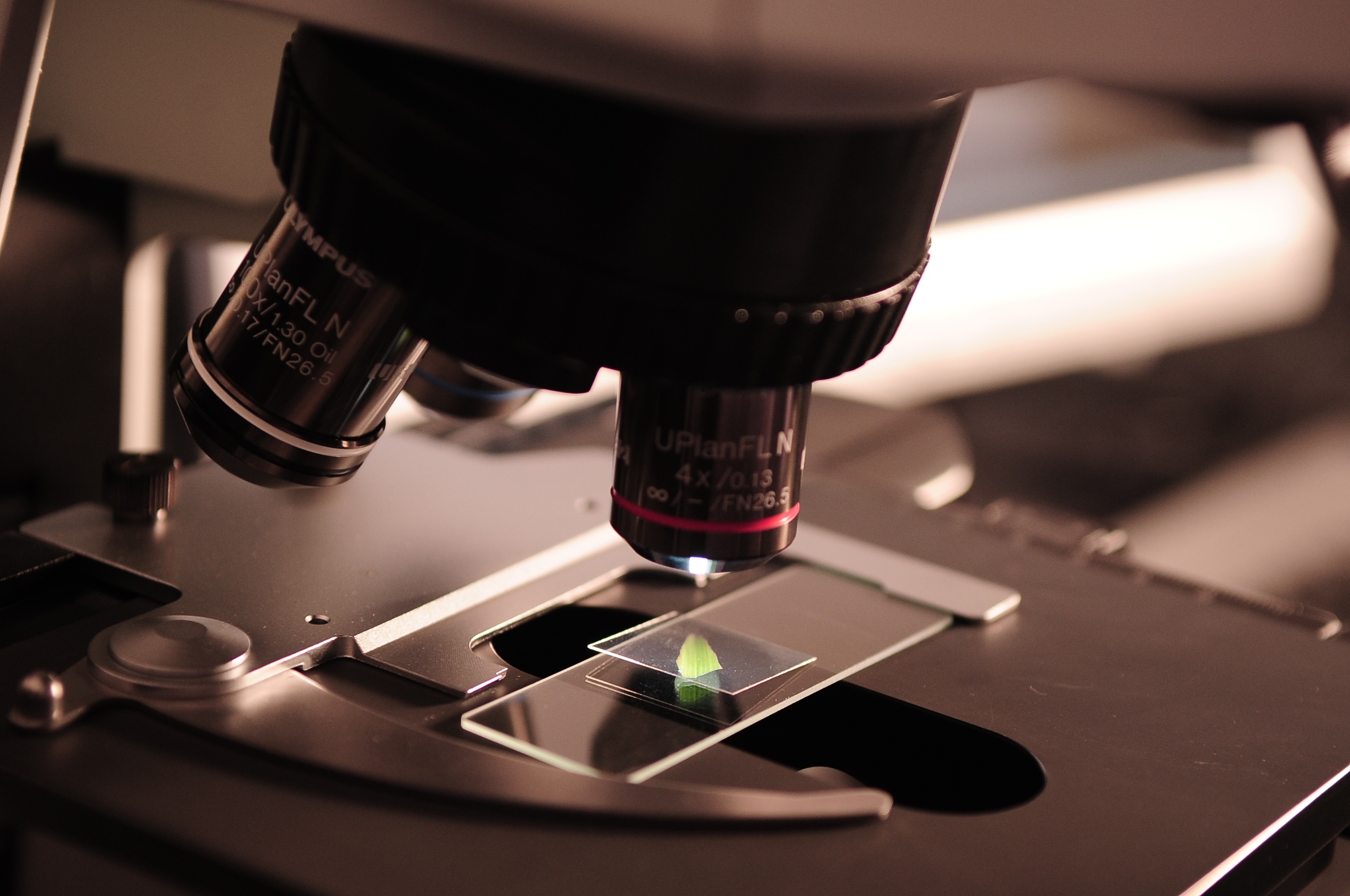
2010
Peter O’Donnell, MD
Instructor, Department of Medicine, Section of Hematology/Oncology, University of Chicago
Identification of Genetic Determinants of Response to Platinum-Based Chemotherapy in Crothelial Cancer
Identification of Genetic Determinants of Response to Platinum-Based Chemotherapy in Crothelial Cancer
Cisplatin-based chemotherapy represents the only available standard therapy for locally advanced and metastaic urothelial cancer of the bladder. Despite the fact that this therapy improves survival in these settings, only 38% of patients achieve a complete pathologic response to cisplatin in the locally advanced setting and only 50% respond in the metastatic setting. Prediction of which individuals will benefit is not currently possible. The therapy itself it also quite toxic and can result in significant morbidity and mortality for patients, so if non-responders could be pre-identified, unnecessary toxicity in these patients from drug exposure could be avoided. We believe that improved methods of prediction for identifying the individuals most likely to benefit from cisplatin-based therapy in urothelial cancer would significantly improve the care of patients facing this difficult disease. Our laboratory recently refined a genome-wide approach to identify germline genetic variants governing chemotherapy susceptibility. This proposal represents the important translational step of testing these genetic variants in an informative clinical setting to determine whether they impact patient outcomes when used in combination with these chemotherapy agents in the treatment of bladder cancer.
Interim Report
2010 Young Investigator Award - 2011 Fall Interim Report
Final Report
2010 Young Investigator Award - Final Report